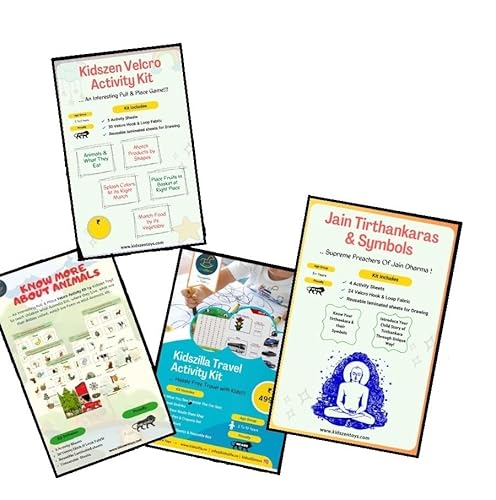Emotional intelligence activities help kids understand and manage their emotions. These skills are crucial for their development.
Also Read
Teaching emotional intelligence to children can shape their future. Kids learn to handle stress, communicate better, and build strong relationships. Activities designed to boost emotional intelligence are fun and engaging. They help children recognize their feelings and those of others.
This understanding leads to empathy and kindness. Simple games, role-playing, and discussions can make a big difference. Parents and teachers play a key role in guiding kids through these activities. Consistent practice can lead to improved emotional well-being. Investing time in these activities can have lasting positive effects. Emotional intelligence is a vital skill for life.
Buying Guide On Emotional Intelligence Activities For Kids
emotional intelligence activities for kids – buying guide
1. Understand your child’s needs
each child has unique emotional needs. Observe and identify them.
2. Age-appropriate activities
choose activities suitable for your child’s age. Avoid complex tasks.
3. Focus on social skills
look for activities that promote interaction. Social skills are crucial.
4. Encourage empathy
activities should help kids understand others’ feelings. Empathy matters.
5. Balance fun and learning
fun activities keep kids engaged. Learning happens naturally.
6. Check for positive reviews
read reviews from other parents. They provide real insights.
7. Ensure safety
safety is paramount. Activities should be non-toxic and safe.
8. Look for variety
diverse activities keep kids interested. Monotony can be dull.
9. Prioritize interactive games
interactive games enhance emotional skills. Kids enjoy them.
10. Consider professional recommendations
experts often recommend effective activities. Trust their advice.
Conclusion
Building emotional intelligence in kids is essential. It helps them manage emotions, build relationships, and make good decisions. Simple activities can make a big difference. Role-playing, reading stories, and discussing feelings are great examples. These activities are easy to do at home or school.
They are fun and engaging. Kids learn better when they enjoy the process. Parents and teachers play a crucial role in guiding these activities. Consistency is key. Regular practice helps kids develop these skills over time. Emotional intelligence is a lifelong asset.
It supports personal growth and success. Start today with these simple activities. Your kids will thank you in the long run. Investing in emotional intelligence now brings countless benefits later.






















